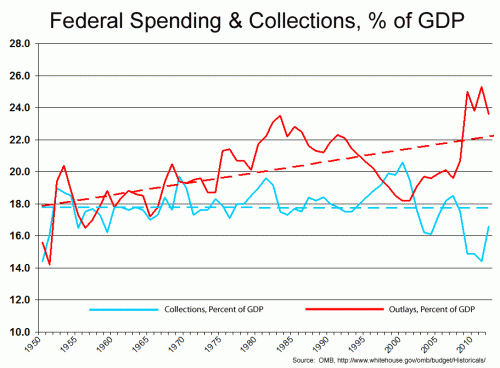Our Great Political Sport: Scoring Points Off Tragedy
If one needs any skill as a politician, it is the ability -- with a straight face -- to, with no evidence whatsoever or even against countervailing evidence, blame any tragedy that occurs on your own personal bete noir. Thus the Gabriel Giffords shooting was due to un-civil discourse by Conservatives, Benghazi was due to a YouTube video, the Boston Bombings were a results of too lenient immigration policy, the Newtown killings were due to the excess influence of the NRA, and the Gosnell murders were due to the legality of abortion.
In this same vein I received this email from California State Senator Fran Pavley
The recent Ventura County wildfires were just the latest example of the huge costs of climate change to California, serving as a reminder of the need for continued action, Sen. Fran Pavley (D-Agoura Hills) said Thursday. Presiding over a hearing of the Select Committee on Climate Change and AB 32 Implementation, Sen. Pavley noted that the unseasonably early wildfire in Ventura County two weeks ago generated $10 million in firefighting costs. The dangers of climate change are no longer an abstraction, Sen. Pavley said.
“We can’t afford extreme climate, and so California doing its fair share to reduce greenhouse gas emissions is incredibly important,” Sen. Pavley said.
Wildfires are one of many costs of climate change, environmental officials and experts said at the hearing. California also faces flooding, heat waves and threats to its drinking water system.
Even before atmospheric levels of CO2 rose, the US had thousands, even tens of thousands of wildfires a year. So against a backdrop which would expect many fires in California even absent climate change (natural or man-made), it would be heroic to attribute one single fire to the effect of mankind's CO2 production. But it is even more astounding given that wildfires in the US are actually down so far this year -- way down. Here is the data source, and here are two charts the Real Science blog prepared from this data.








